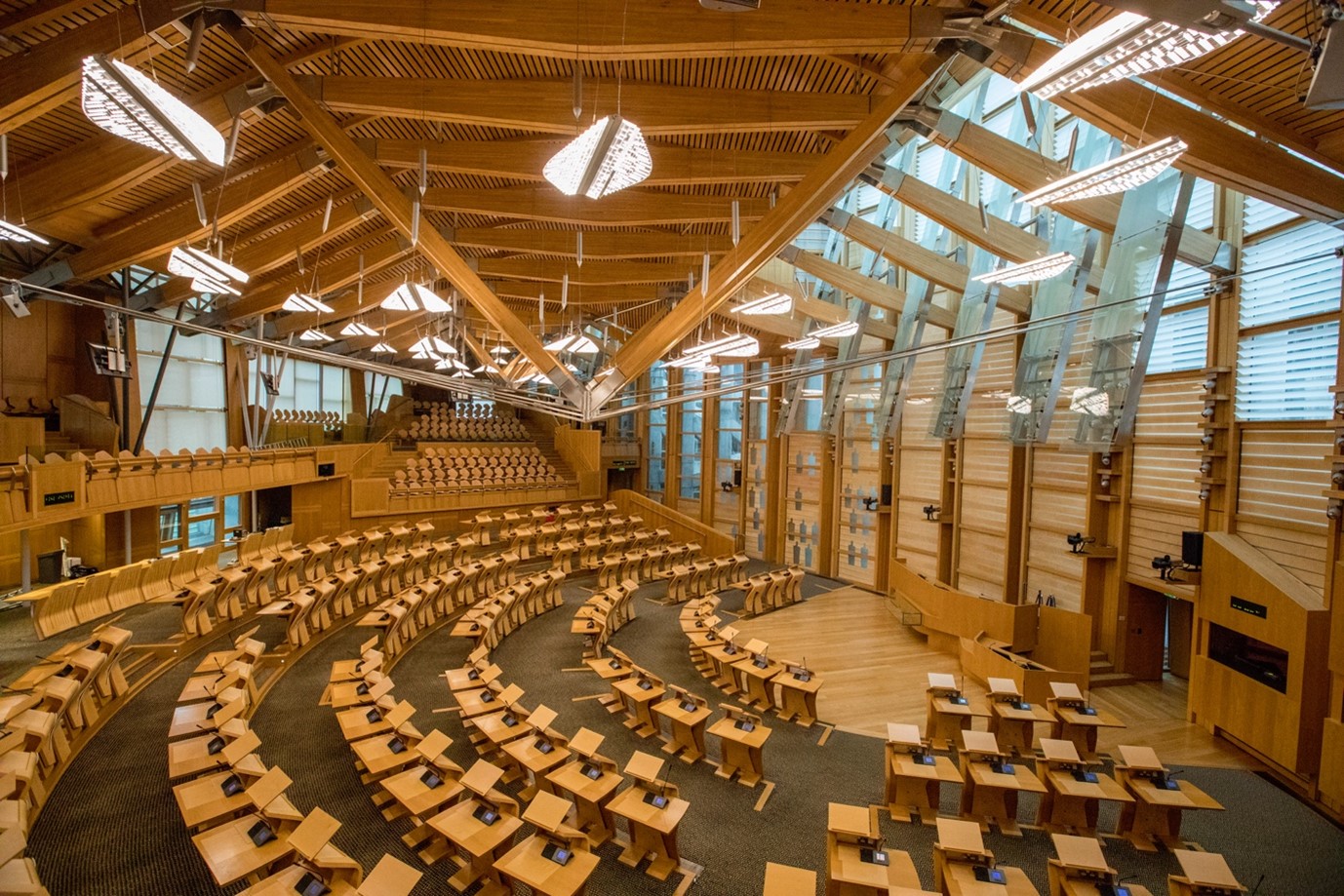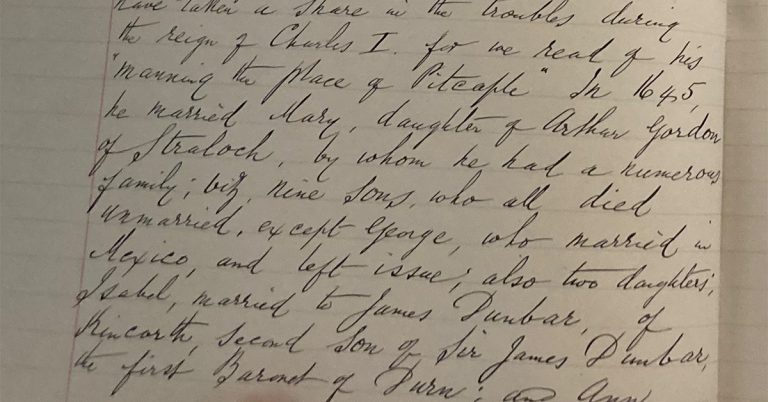
By David McCrone
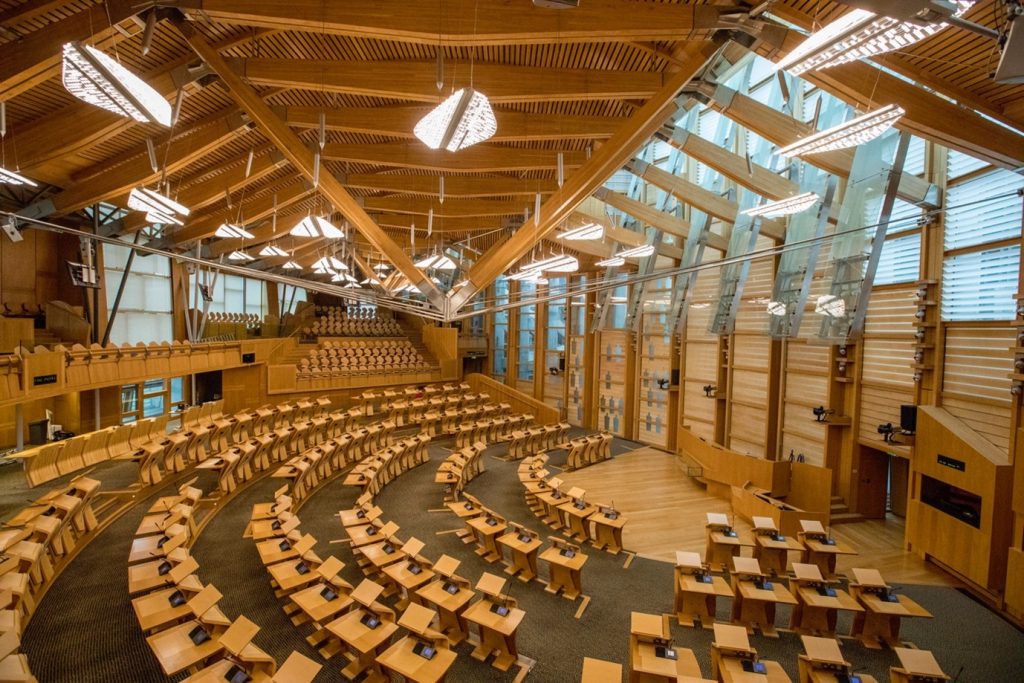
Who’d be a politician these days, still less a member of a governing party? According to the British Social Attitudes survey in 2011, only 1 person in 7 in Britain trusted Parliament at Westminster ‘a great deal or quite a lot’, and as many as half ‘not very much’ or ‘not at all’. In 2022, when asked ‘do you trust British governments in general?’, only 12% of the British public did so. Nowadays more than two in three people said they distrusted political parties, which were the least trusted of any UK public institution. The British Social Attitudes survey for 2024 reported that 45% of respondents trusted British governments ‘almost never’, the lowest figure ever recorded in BSA surveys.
It’s not just the Brits. Pew Research in USA observed that: ‘As of April 2024, 22% of Americans say they trust the government in Washington to do what is right “just about always” (2%) or “most of the time” (21%). Last year, 16% said they trusted the government just about always or most of the time, which was among the lowest measures in nearly seven decades of polling’.
Given that the Scottish Parliament is devolved, with limited powers, we might expect its public standing to be similarly low, or even lower. It is, after all, a secondary institution in terms of its powers, to the legal creature of Westminster. We’ve had 25 years of devolution. In 1999 hopes were high: nearly 4 out of 5 people expected the Parliament to be responsive to the people of Scotland; 70% expected it to give Scotland a stronger voice in the UK, and 60% in the EU. Back in the day – 1999 – Brown, McCrone and Paterson in The Scottish Electorate found that ‘there are strong expectations that the Parliament will enhance the quality of Scottish democracy, its democratic responsiveness will be judged primarily by the policies it pursues’.
What do we think of it so far?
So how has a devolved Scottish Parliament worked out, 25 years on? First of all, despite ups and downs, look at which institution, Scottish or British, people in Scotland think ought to have most power:
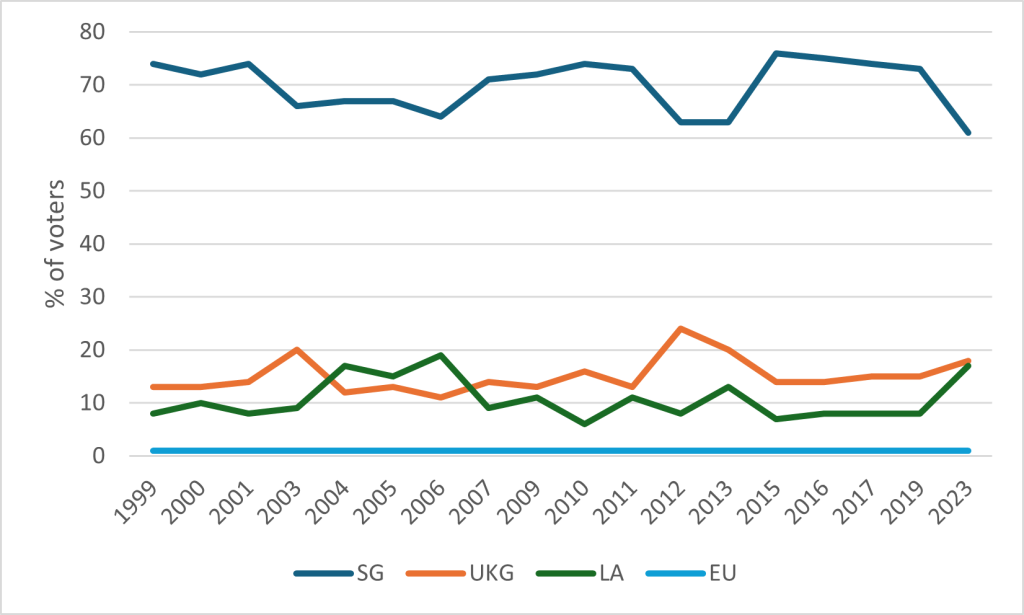
Key: SG – Scottish Executive/Government; UKG – UK Government; LA – local authority; EU – European Union
There is overwhelming and consistent support for the view that Scottish government should have most influence, and there has been a narrowing of gap from around 2010 between ‘has’ and ‘ought to have’ most influence. Scottish government has had a significant increase in influence rising from just over 10% in 2000, to over 40% in 2023.
Parliament and the People
Three measures provide an assessment of the devolved Scottish Parliament and its governments throughout the lifetime of the parliaments since 1999.
Having a say
- Does the Scottish Parliament give ordinary people more or less say over how Scotland is governed?
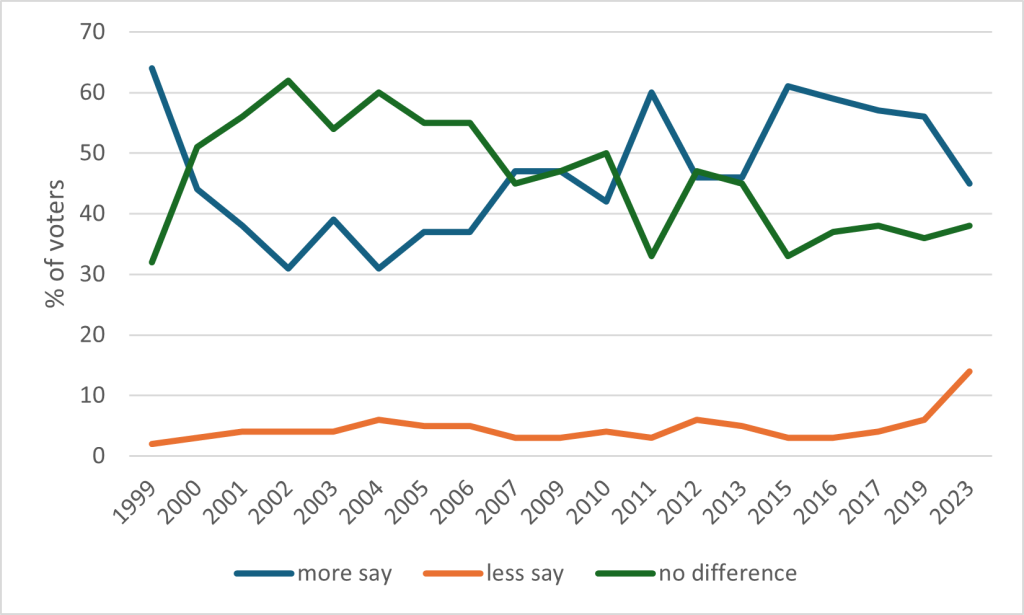
- How good would you say the Scottish Government is at listening to people’s views before taking decisions?
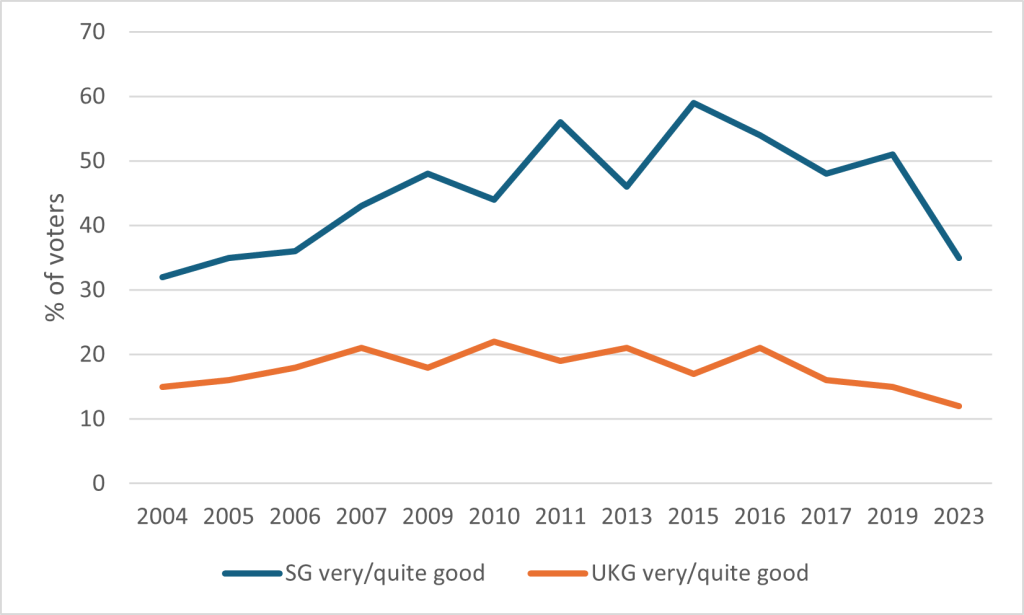
Key: SG – Scottish Executive/Government; UKG – UK Government
The differences are clear: Scottish governments get a consistently better rating than UK governments in terms of being good at listening to people, even when, as in later years, the trendlines are downward in both cases.
Trust
- We can also compare Scottish and UK governments in terms of ‘trust’:
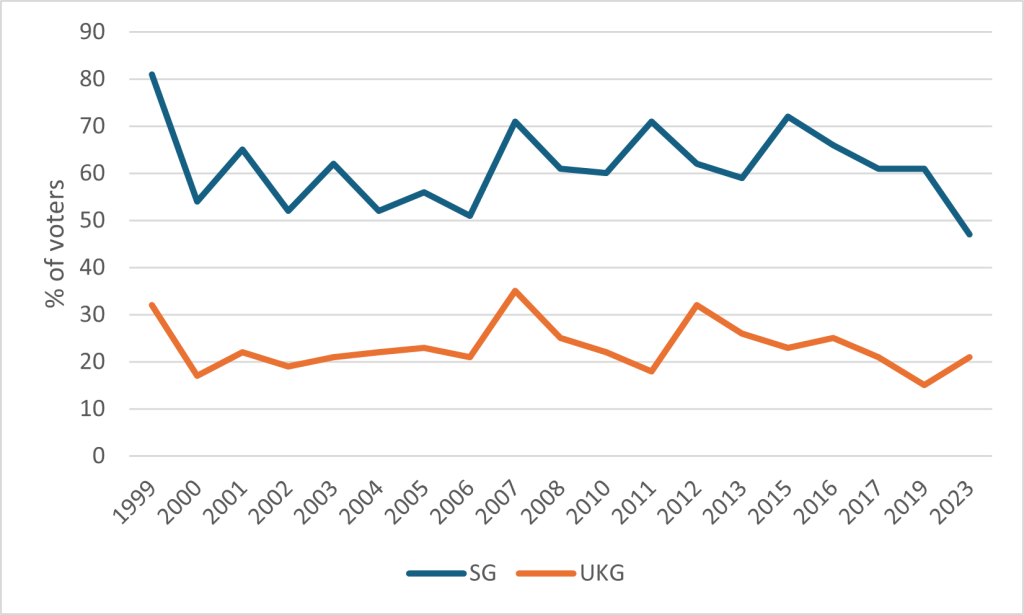
Key: SG – Scottish Executive/Government; UKG – UK Government
A Parliament of our Own
Summing up how people in Scotland judge their parliament after 25 years: not at all bad, and much better than Westminster. That may be a low bar, but it is a significant one, at a time when parliamentary democracy everywhere is undergoing an existential crisis. It is also a view which holds no matter which party is in (Scottish) government; and only the Conservatives have never been.
What lies behind this consistency to bestow credit on Scottish government even where it is undue? Because, for good or for ill, the parliament is ‘ours’. Regaining a parliament in 1999, it seems, allows for a modest degree of approval.
At a time when politics and governments have a very hard time – and Scottish government is no exception – there is something much more fundamental going on. The Scottish Parliament is underpinned by notions of ‘sovereignty’, the belief that people in Scotland have the right to decide for themselves how they wish to be governed. This doesn’t mean that they necessarily want ‘independence’ here and now – the times may not be right. It does mean that governing through choppy waters and when politics is a rough trade, people in Scotland invest their trust in the institution. We might find that unusual, even remarkable.
When all is said and done, ‘a parliament o’ oor ain’, as Walter Scott’s character Mrs Howden observed in his novel Heart of Midlothian, has much to recommend it:
“I dinna ken muckle about the law,” answered Mrs. Howden; “but I ken, when we had a king, and a chancellor, and parliament men o’ our ain, we could aye peeble them wi’ stanes when they werena gude bairns—But naebody’s nails can reach the length o’ Lunnon.”
Featured image credit: Scottish Parliament Communications Office; kind thanks to Andrew Cowan. Graph data: Scottish Government (2024), Scottish Social Attitudes Survey 2023: Attitudes to government, the economy, and the health service, Scottish Government: Official Statistics in Development.
Read the full article, ‘What Do We Think of it So Far? Twenty-Five Years of Devolution’, in the latest issue of Scottish Affairs

About the Journal
Scottish Affairs is Scotland’s longest running journal on contemporary political and social issues and is widely considered the leading forum for debate on Scottish current affairs. Articles provide thorough analysis and debate of Scottish politics, policy and society, and is essential reading for those who are interested in the development of Scotland.
Sign up for TOC alerts, subscribe to Scottish Affairs, recommend to your library, and learn how to submit an article.

About the Author
David McCrone is a sociologist at the University of Edinburgh. His latest book, Changing Scotland: Society, Politics and Identity, will be published by Edinburgh University Press in 2025. This blog is based on his article ‘What do we think of it so far? Twenty-five years of devolution’, Scottish Affairs, 34(1) 2025, 14-36.
Explore related articles on the EUP Blog
Arguments against the Scottish visa are overblown
Stands Scottish Literature Where It Did? Revisiting Devolution
Scottish Diaspora Virtual Issue
How did the Festival industry repurpose Edinburgh’s public policy making?


